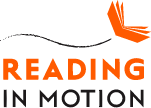The ability to read is a powerful tool.
Reading In Motion exists to equip children who may otherwise be overlooked with the advantage of reading fundamentals.
Every year we work with thousands of children at the very start of their formal education. Each of these young students steps into their first days of school filled with anticipation around an entirely new experience. For so many students, this is the beginning of a pathway of possibilities. For many others, those possibilities have already been diminished by factors out of their control and beyond their awareness. Inequities in our education system have determined the quality of a student’s education and greatly influenced their future before they even have the chance to meet their classmates.
In the U.S., where every child has access to a free public education, more than 30 million adults can’t read at a functional level. Among school-aged children, illiteracy is now a national crisis. The National Assessment of Educational Progress (NAEP) 2022 Nation’s Report Card revealed that just 33% of fourth graders were proficient readers. Additionally, the average reading score of all fourth grade students in the U.S. was lower than all previous assessment years dating back to 2005.
To add another layer, the discrepancy between the literate and illiterate is both racial and socioeconomic.
NAEP reported 42% of white fourth graders were proficient readers, with Black and Hispanic students testing =at 17% and 21%, respectively. The difference is more pronounced when looking at income level alone, with only 19% of students from low-income households testing as proficient in reading, compared to 46% of students from more affluent households.
“Once you learn to read, you will be forever free. ” – Frederick Douglass
Investing in every student’s reading fundamentals can counteract this injustice, opening the door to a lifetime of choice and revealing a student’s potential to achieve any number of aspirations. In the best of circumstances, becoming a confident reader gives a child unending access to knowledge, avenues to explore the world, and the means to envision and strive for opportunities beyond their lived experience. Pragmatically, reading well early on has proven to mitigate a number of unnecessary life struggles–dramatically decreasing the likelihood that someone will live in poverty, drop out of highschool, be incarcerated, unemployed, and even succumb to substance abuse as an adult.










